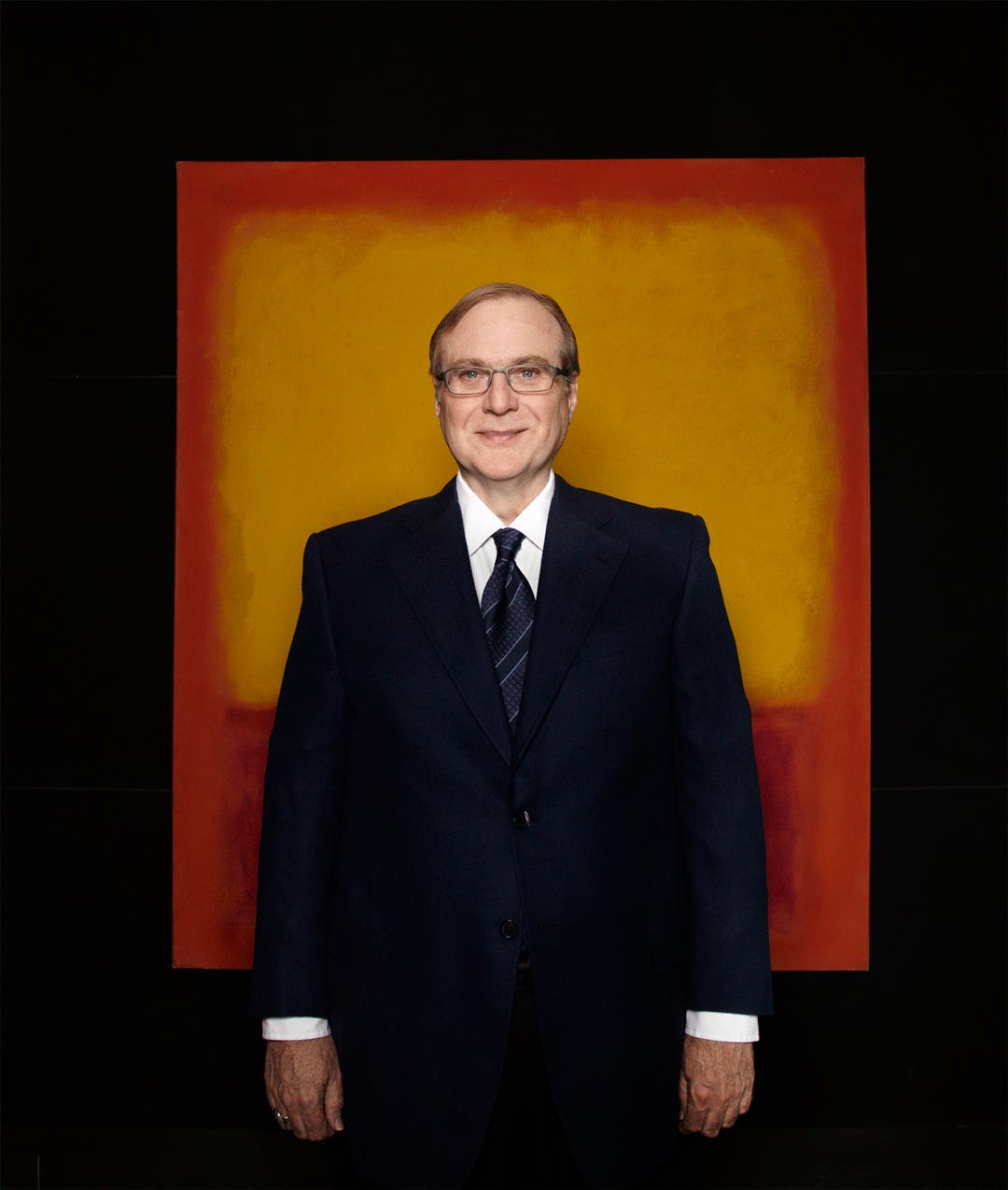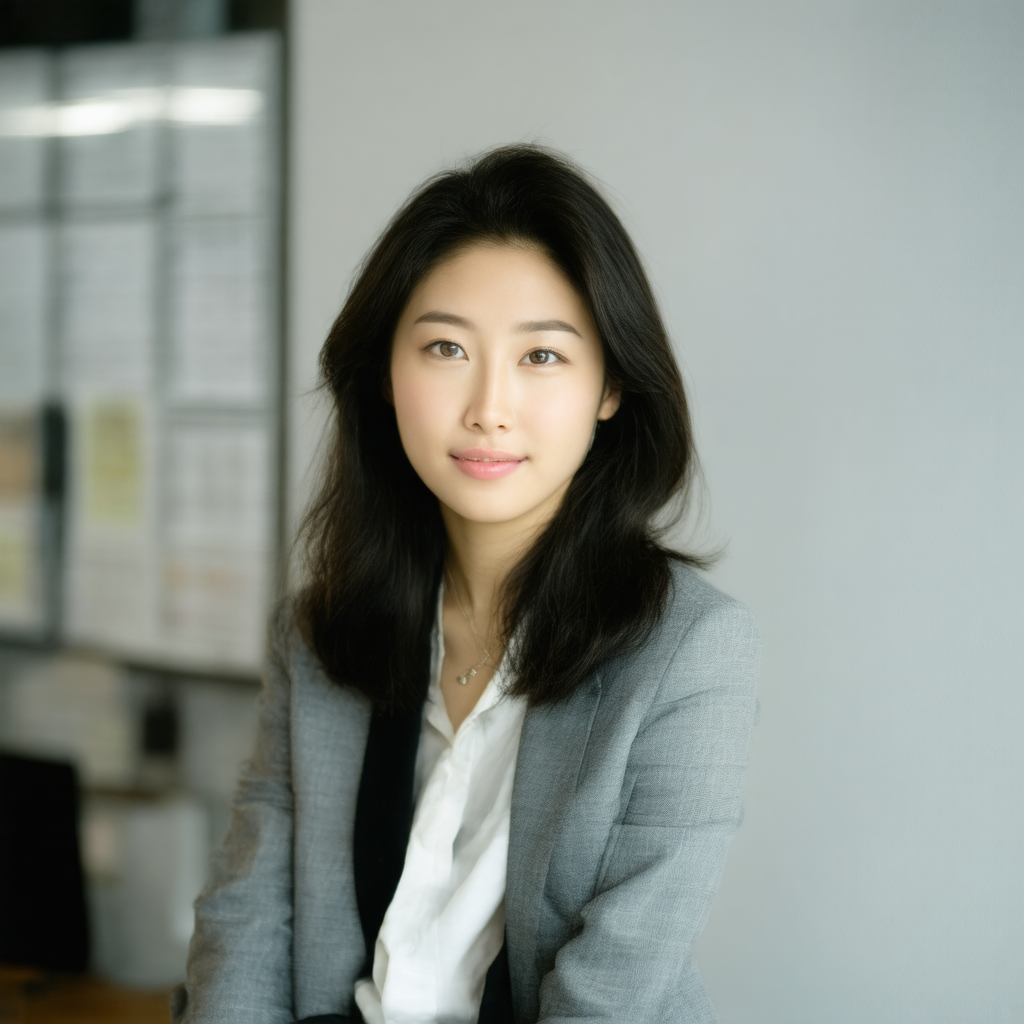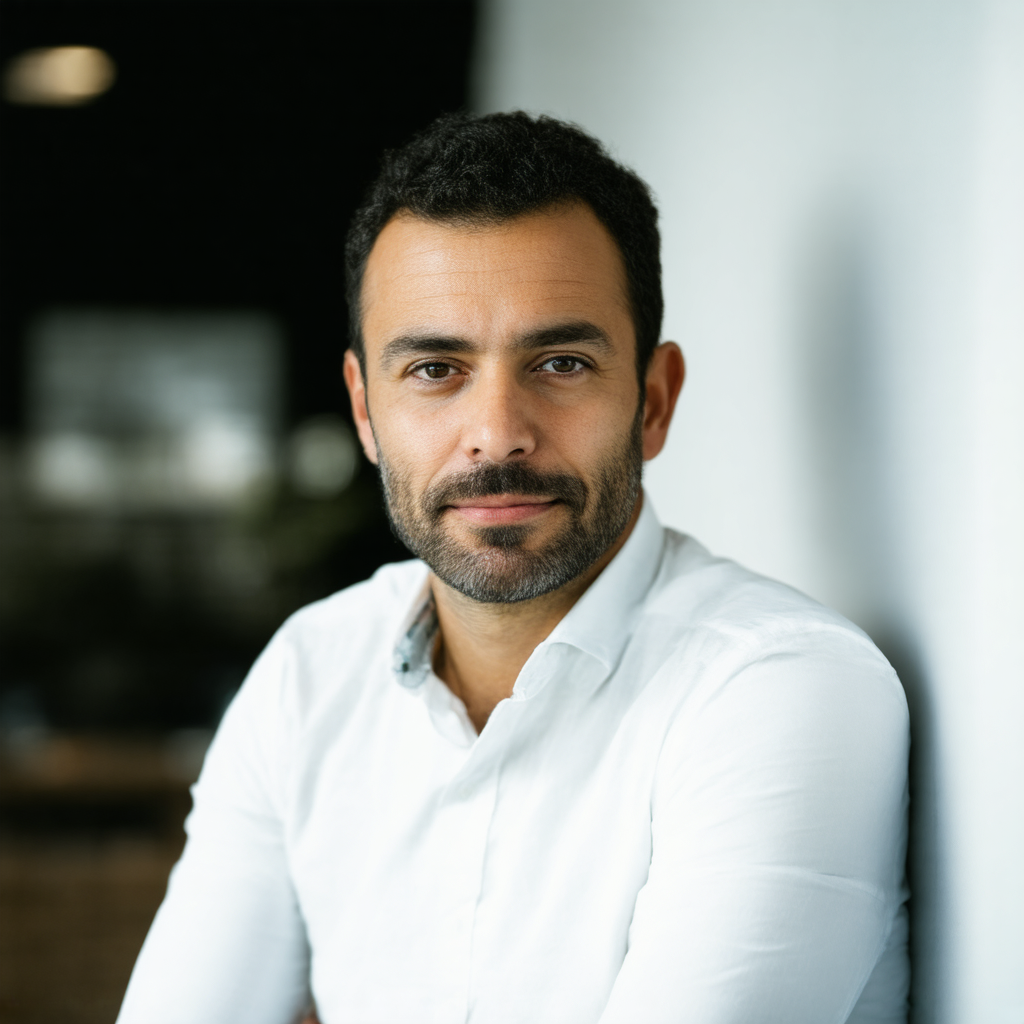
Auction Unveils Billions, Sparks Reflection on Paul Allen’s Legacy
In a landmark event that reverberated through the global art world, the estate of Paul Allen, the late co-founder of Microsoft, recently conducted an auction that yielded over $1 billion. This sale not only underscored the immense value of Allen’s collection but also sparked a nuanced conversation about his legacy and the broader implications for the art market.
Allen’s collection was renowned for its diversity and scope, encompassing works from contemporary artists to iconic figures like Pablo Picasso and Mark Rothko. However, it was his dedication to African art that offered a particularly compelling narrative thread within this auction. Allen’s acquisition of pieces from East and Central Africa highlighted his appreciation for the continent’s artistic heritage, a choice that resonated deeply with cultural commentators and enthusiasts alike.
The auction’s proceeds were directed towards philanthropic ventures, including education and scientific research, reflecting Allen’s commitment to tackling societal challenges. These initiatives aligned closely with progressive values, aiming to foster inclusivity and address inequalities in access to resources and opportunities. By channeling his wealth into these areas, Allen’s legacy took on a transformative dimension, one that sought to inspire positive change.
Yet, the auction also raised questions about the ethics of art acquisition and ownership. As high-profile collections become more common, concerns about the democratization of art arise—whether such treasures remain accessible to the public or are destined for private vaults. These issues prompt a broader reflection on how we preserve cultural heritage while ensuring it remains a shared resource.
In conclusion, Paul Allen’s auction was not merely a financial milestone but a moment of cultural reckoning. It challenged us to consider how art can both celebrate and critique power, reminding us that legacy is an ongoing narrative shaped by actions and intentions. As we move forward, the lessons from Allen’s collection and philanthropy serve as a call to balance profit with purpose, ensuring that art remains a force for progress and unity.
About the Author:
Moses Ndung’u is Senior Reporter at our publication. Journalist and cultural commentator with a focus on African arts and youth movements. Moses has worked across East Africa, documenting the rise of contemporary art scenes and their global impact.
 Journalist and photographer with a focus on Middle Eastern youth and their cultural contributions. Aisha’s work bridges traditional and modern storytelling in the region.
Journalist and photographer with a focus on Middle Eastern youth and their cultural contributions. Aisha’s work bridges traditional and modern storytelling in the region. Writer and researcher specializing in Asian arts and migration stories. Bella’s work explores how young Asians are shaping global culture through their experiences.
Writer and researcher specializing in Asian arts and migration stories. Bella’s work explores how young Asians are shaping global culture through their experiences. Reporter with a background in investigative journalism, focusing on human rights and social justice. Luis has worked across Latin America and Europe, uncovering stories that resonate globally.
Reporter with a background in investigative journalism, focusing on human rights and social justice. Luis has worked across Latin America and Europe, uncovering stories that resonate globally. Sarah is a seasoned journalist with over 15 years of experience in global news and media. She has led teams in some of the world’s most challenging reporting environments, bringing a vision for storytelling that connects cultures and empowers voices.
Sarah is a seasoned journalist with over 15 years of experience in global news and media. She has led teams in some of the world’s most challenging reporting environments, bringing a vision for storytelling that connects cultures and empowers voices.